Arctic expedition to honour 19th century Scots explorer
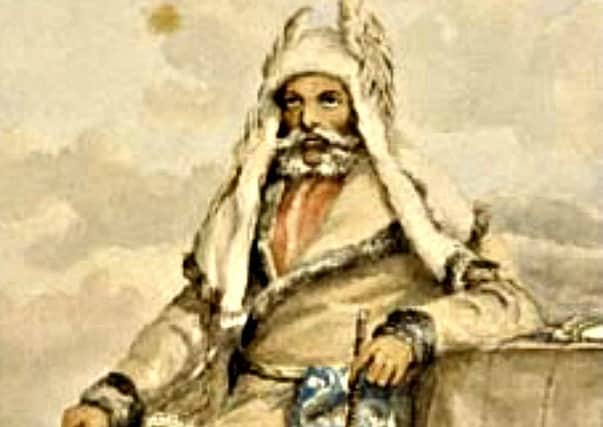

David Reid will lead a four-person team on a 400-mile trek across Boothia Peninsula in April 2019 to trace the route travelled by Rae in 1854 which his supporters consider to be the third most important Arctic expedition of all time.
Rae, along with two indigenous companions, located the last navigable link in the Northwest Passage, the sea route that connects the Arctic and Pacific oceans.
Advertisement
Hide AdAdvertisement
Hide AdCrucially, the Orcadian, a trained surgeon hired by the Hudson’s Bay Company, also determined the fate of the doomed 1845 Franklin expedition which led to the deaths of 129 Royal Navy seaman who went missing after trying to cross the passage.
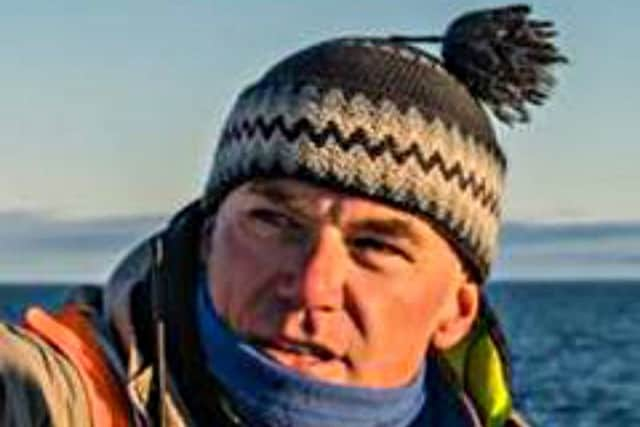

Some believe the achievements of Rae, who worked closely with the Inuit people to learn Arctic survival skills, have never been fully recognised given the controversy that raged around his findings that some of the Franklin crew resorted to cannibalism in a bid to survive.
Reid hopes the Arctic Return expedition will raise funds to support the ongoing effort to restore Hall of Clestrain at Orphir, Orkney, the now derelict Rae family home, and turn it into a heritage centre to honour his legacy and tell the wider story of Arctic exploration.
Reid, who is originally from Bishopton but moved to Canada to work with the Hudson’s Bay Company in 1989, said he wanted Clestrain to become a centre for study and recognition of Rae and to honour a man who had been “too long in the dark shadow of arctic history and failed exploration.”
Advertisement
Hide AdAdvertisement
Hide Ad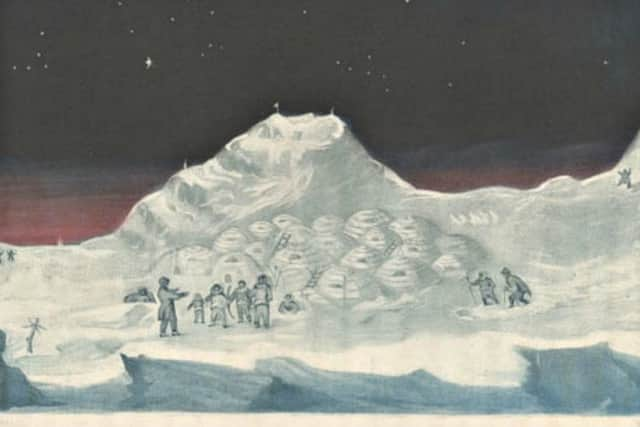

He said: “More attention should be given, not only to Rae’s achievements but to exploration in general done right, successfully and well.
“Clestrain stands as an example of something once proud, dignified, and strong. The passing years have not been kind to it. We hope the expedition will inspire the funding of a restoration – indeed, a transformation.”
Reid described Arctic Return as a “huge physical challenge” which he hoped to complete between March 31 and May 6, the dates of Rae’s expedition, with a further 60 or so miles to be added to the journey.
He added: “As with any major arctic expedition, the bigger part is the mental challenge. The expedition is 15 months away but both physical and mental training starts now. The biggest challenges will be the cold, exhaustion and moral.
Advertisement
Hide AdAdvertisement
Hide Ad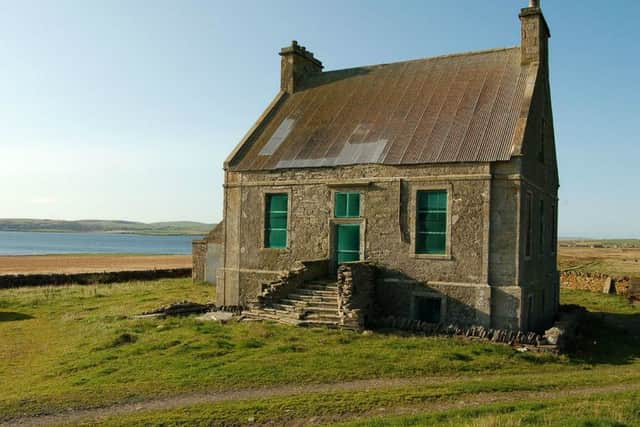

“It’s vital that the team work together and creating a bond of trust and reliance is very important.
The blizzard season and polar bears are among the key hazards, Reid said.
“It is certainly not lost on me that people die doing things like this, travelling in this part of the world at the time of year Rae did,” the explorer added.
Author Ken McGoogan, who has long researched the history of polar exploration, will be part of the team and will write a book about the journey.
Advertisement
Hide AdAdvertisement
Hide Ad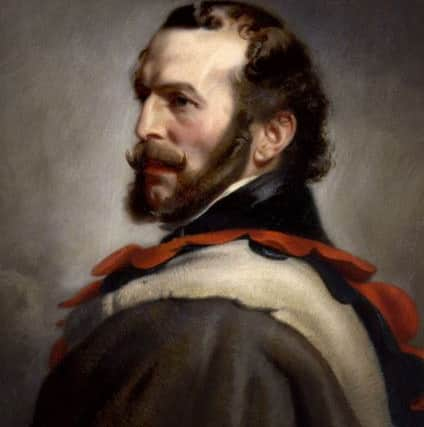

While Rae and his men wore caribou parkas and kamiks - a type of skin boot - the 2019 team will have the best possible modern outdoor gear and equipment.
Satellite phones, InReach messaging devices and the latest GPS will be deployed but the team is also intent of emulating the “way in which Rae travelled”.
Reid added: “Rae travelled with respect, understanding and humility. He travelled well and by being open to advice and local knowledge he was successful. The way he travelled is worthy of note and attention - there are lessons for everyone here.”
Rae faced the fiercest of condemnation from widow of Captain Sir John Franklin her friend, Charles Dickens, who together publicly tarnished the Orcadian’s reputation in the press.
Advertisement
Hide AdAdvertisement
Hide AdThe explorer continued his work but he was one of the few Arctic explorers of his generation not to receive a knighthood.
The John Rae Society in Orkney has been working to promote his achievements.


In 2014, a memorial stone to Dr Rae, who is buried at St Magnus Cathedral, Kirkwall, was unveiled at Westminster Abbey, near the memorials to Sir John Franklin.
Andrew Appleby, president of the John Rae Society, said: “The Arctic Return Expedition is a tremendously fitting way to honour John Rae. Not only is it going to bring his reputation again to the fore, it is also going to physically and materially benefit how we tell his story here in Orkney with our hopes that Clestrain will become a world-class attraction.”
Advertisement
Hide AdAdvertisement
Hide AdThe campaign to buy and restore Clestrain received a significant boost late last year when an anonymous Scots woman living in Canada donated £40,000 pounds to the cause.
A further £20,000 still needs to be raised.
